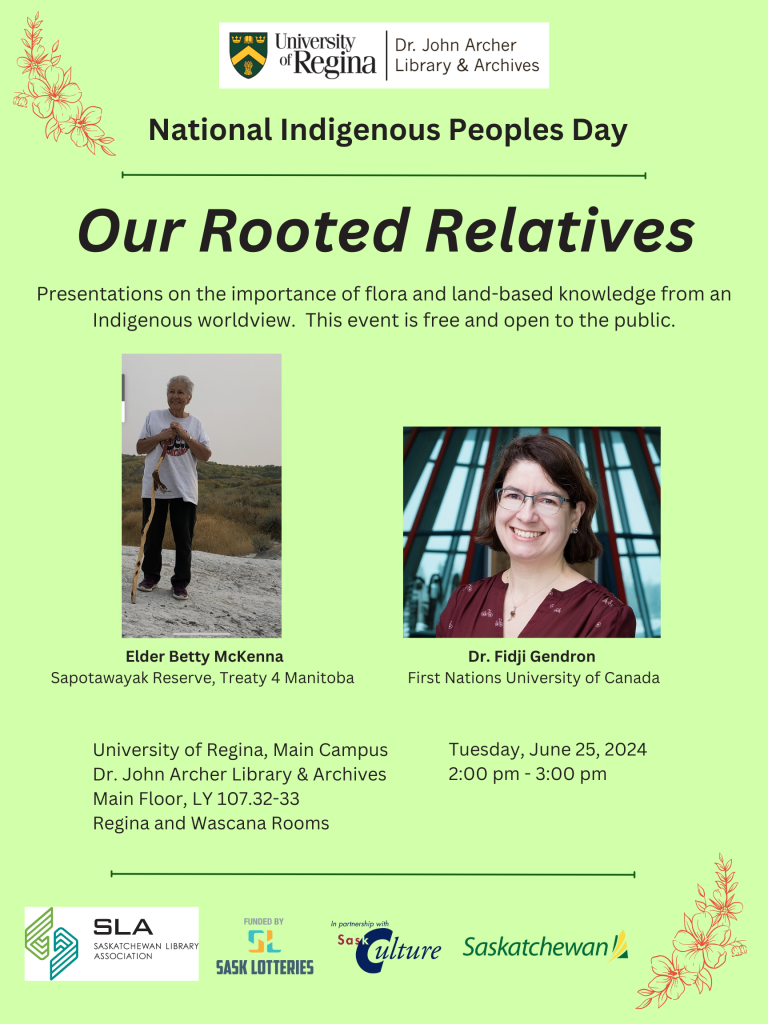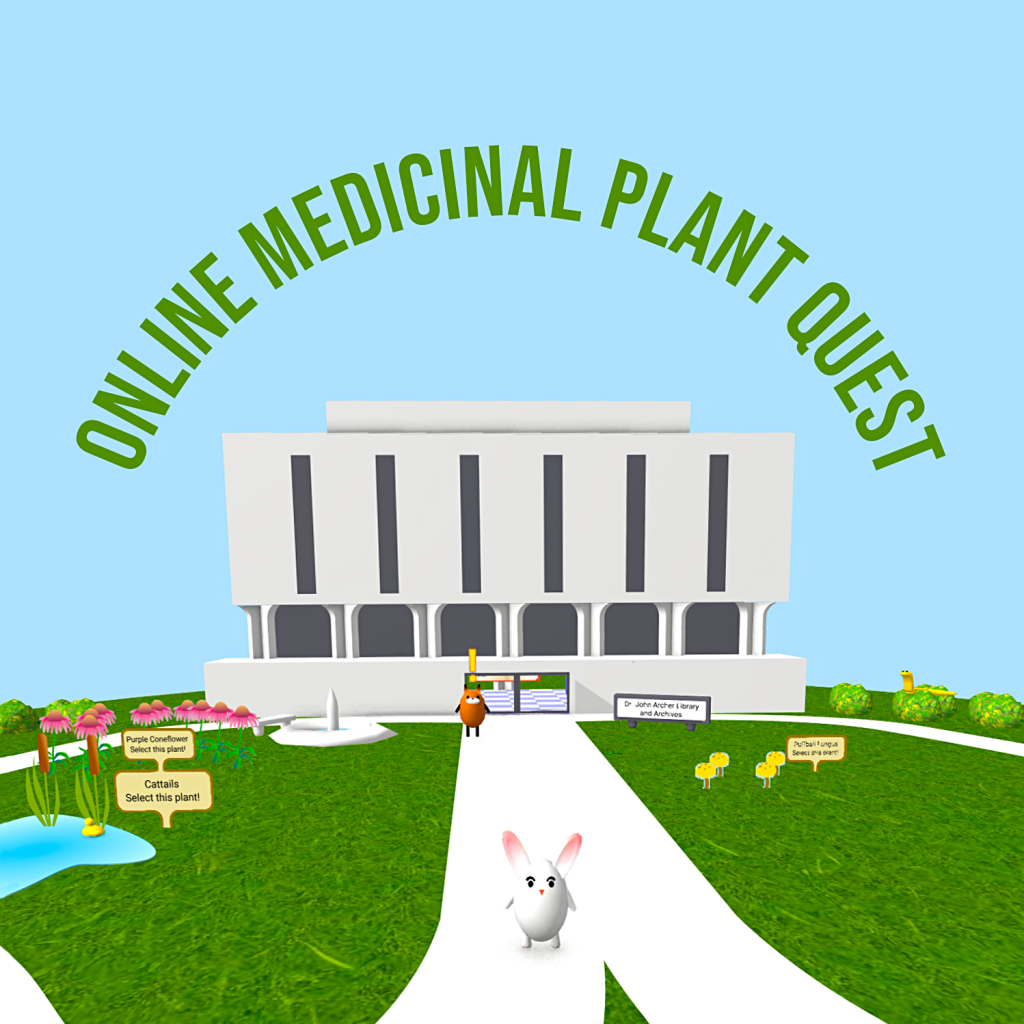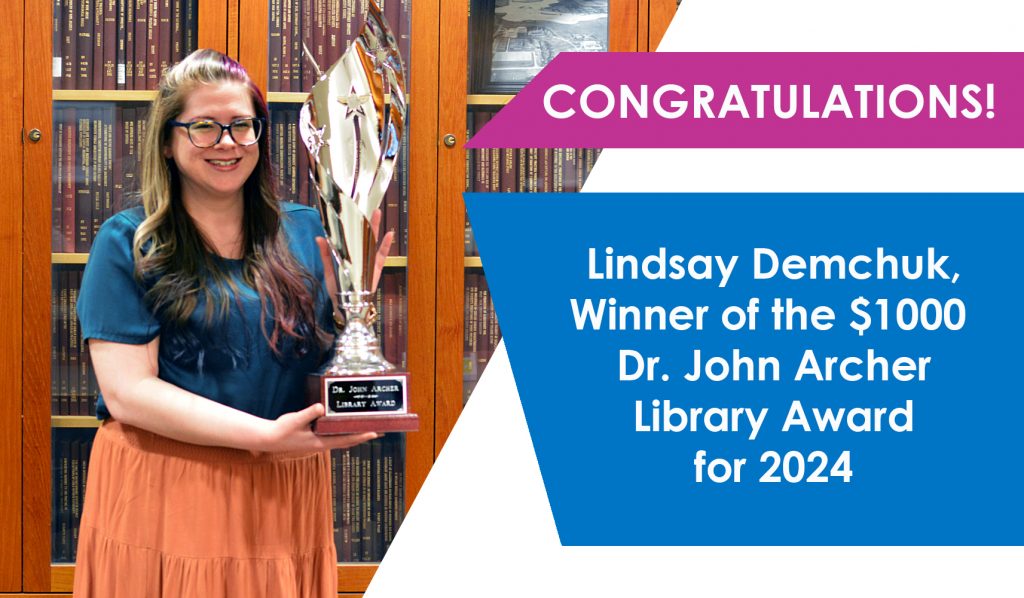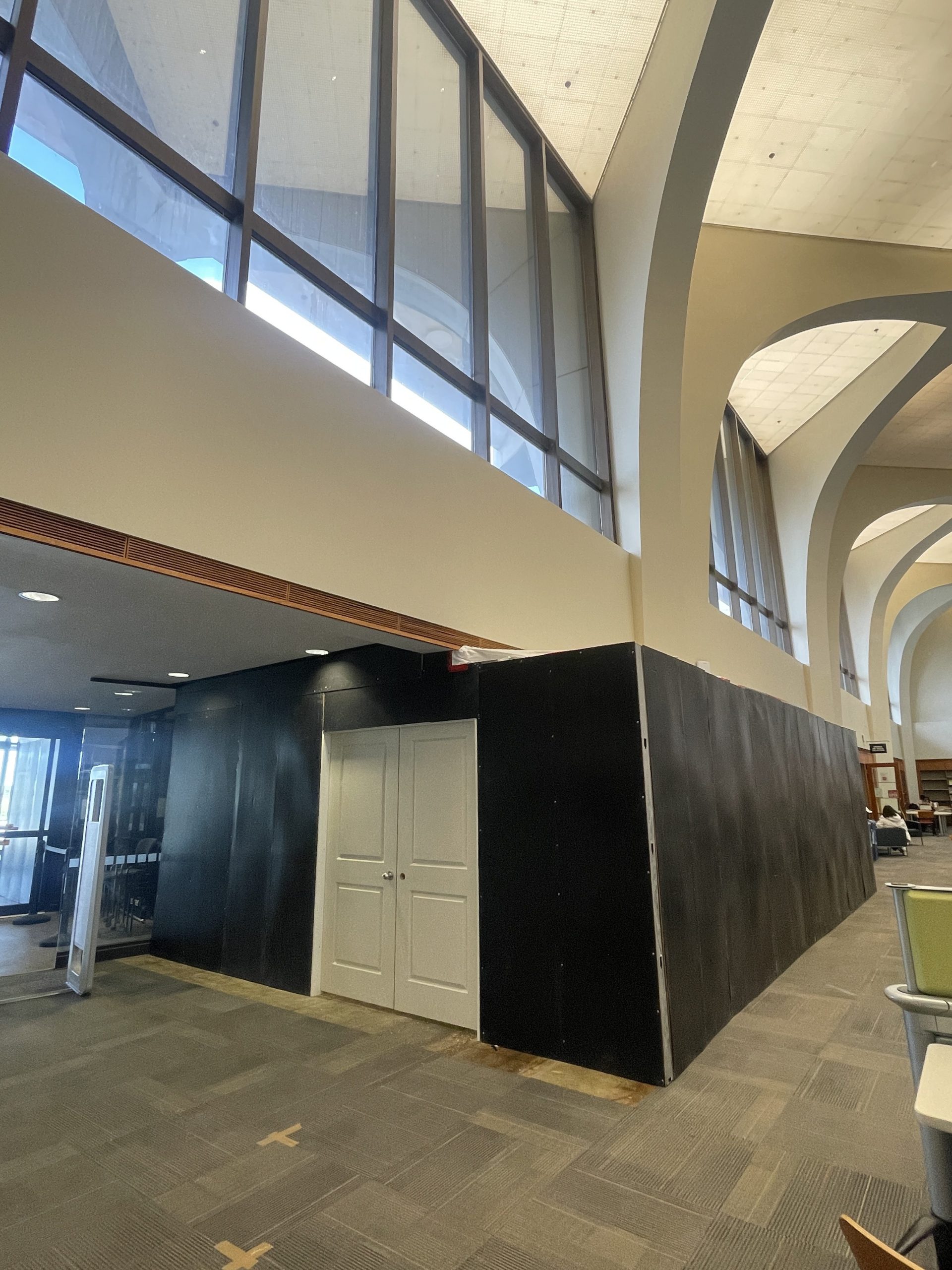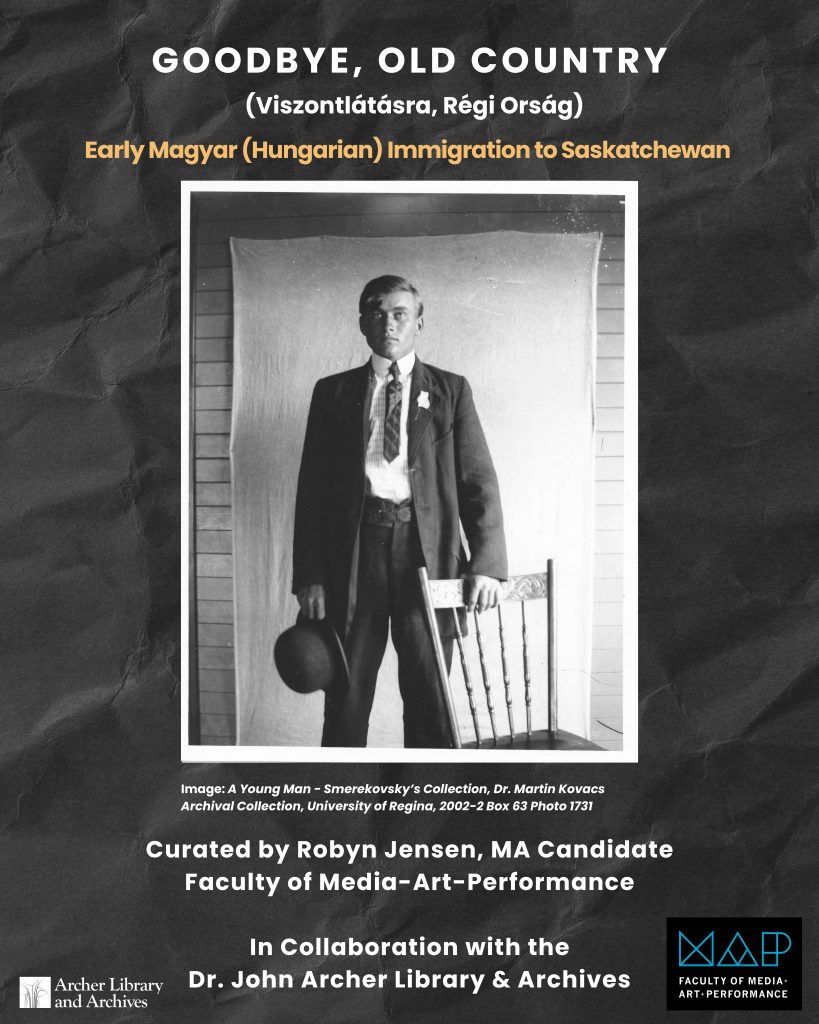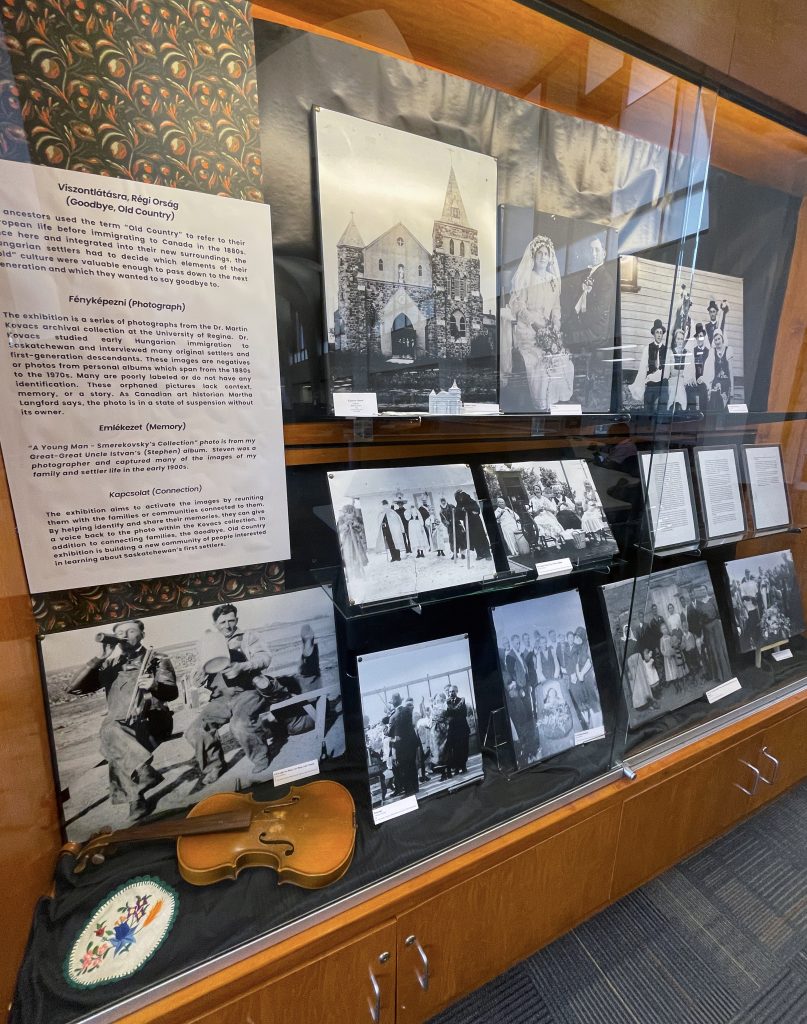Join the Dr. John Archer Library & Archives on June 25, 2024 as it helps celebrate National Indigenous History Month and National Indigenous Peoples Day.
Elder Betty McKenna, from Sapotawayak Reserve, Treaty 4 Territory in Manitoba and Dr. Fidji Gendron, Associate Dean (Academic) and Professor of Biology at First Nations University of Canada, will present on the importance of flora and land-based knowledge from an Indigenous worldview. This event is free and open to the public.
Learn more about some medicinal properties of plants by visiting our guide and entering a student contest at https://library.uregina.ca/librarycontest/indigenousplants.
